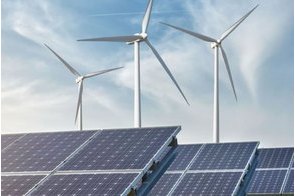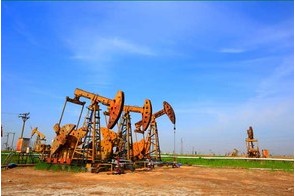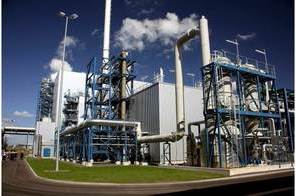Swedfund, IFU invest $44 million in renewable energy in Southern Africa

Summary
Southern African countries have a major power supply deficit and a lack of risk-willing capital for renewable energy investments.
Swedfund and the Danish Investment Fund for Developing Countries (IFU), have partnered with Sturdee Energy to accelerate the expansion of renewable energy in Southern Africa, with a primary focus on South Africa, a country heavily reliant on coal-fired electricity.
Southern African countries have a major power supply deficit and a lack of risk-willing capital for renewable energy investments. To support the green transition and the development of increased energy capacity from renewable sources, Swedfund and IFU are equally committing a total of $44 million in direct equity investments to support Sturdee Energy's growth initiatives.
Sturdee Energy specialises in developing renewable energy projects across Southern Africa, aiming to support economic growth and socio-economic development through sustainable energy solutions.
As an independent power producer (IPP), Sturdee Energy's core operations include developing, owning, operating, and investing in renewable energy projects and related infrastructure. The company supplies energy to government utilities, large corporations, and industrial clients.
Sturdee Energy currently operates 31 megawatts of solar power in Namibia and Botswana and is constructing 20MW of solar power in South Africa. The company is advancing a portfolio of more than 200 megawatts to financial close across four countries. The new wind and solar power plants add more than 600 GWh of renewable energy and reduce CO2-emissions by nearly 500,000 tonnes per year.
Swedfund and IFU have developed an Environmental and Social Action Plan (ESAP) to further strengthen the work around human rights and labour standards inclusively throughout the project lifecycle.
Related
-
IFC podcast to promote women in Africa’s renewable energy debuts
The first three episodes feature Jennifer Boca, Head of Environmental, Social and Governance at Lekela Power; Olaedo Osoka, ...
-
Climate change: Are oil industries and fossil fuels to blame?
It’s important to remember that global mobilization to rout climate change would provide a host of economic and ...
-
Friends of the Earth urges Japan to end fossil fuel financing
Japan is financing liquefied natural gas projects in different parts of the world.









